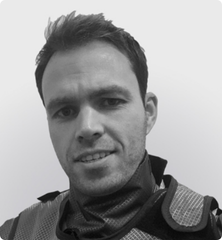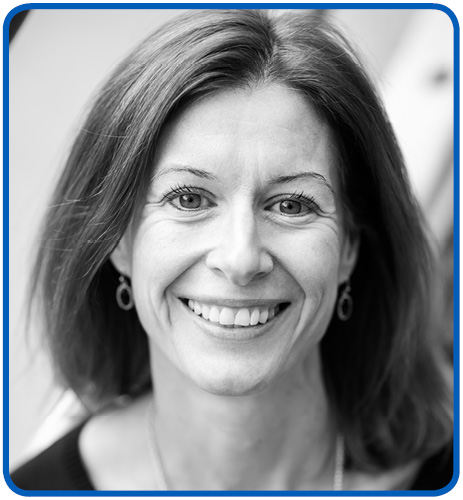Transplant medications such as steroids can weaken your bones. To reduce the risk of weak bones and fractures you need enough calcium and vitamin D.
The best sources of calcium are milk, cheese, yoghurt, tofu, tinned fish with bones, sesame seeds, tahini paste and foods with added calcium such as some plant milks and cereals. Beans, lentils, nuts, dried figs, white bread and white flour products are also good sources.
Vitamin D helps you absorb calcium from your food. It is found in eggs, oily fish, red meat and foods with added vitamin D such as skimmed milk powder, margarine, low fat spread, some cereals and plant milks. You can find more information on foods for strong bones on the NHS website.
The best source of vitamin D is sunlight on the skin, but medications can increase your risk of skin cancer. Find out more on the british association of dermatologists.
Your calcium and vitamin D levels can be measured and supplements prescribed by your doctor if needed.
Lifestyle factors such as regular weight-bearing exercise, not smoking, drinking less alcohol and keeping to a healthy weight can also help keep your bones healthy.



